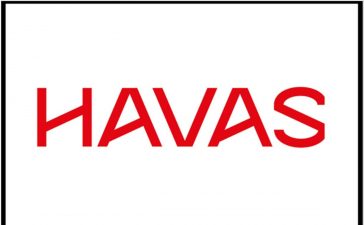British counter-terrorism officers are monitoring closely if Iran will try to exploit the Israel-Hamas war for its own ends in the UK, amid wider anxieties that Tehran is an increasing security menace to dissidents and critics.
Concerns about Russia and China are well established, but Iran’s campaign of intimidation and harassment has been the most visible development in the domestic threat picture over the last 12 months.
The fear now is whether Iran will seek to encourage radical groups or even terrorist activities in the UK as Israel’s deadly bombardment and ground assault of Gaza continues, although it is not clear there is any evidence of this to date. “We’re alive to the risk,” one source said.
Such a development would be a significant step up in terms of Iranian state activity in the UK, although such is the intensity of the crisis unleashed in the Middle East over the past three weeks that nothing is being ruled out by insiders, who know that violent conflict abroad can radicalise or galvanise individuals to violence at home.
Last November, Ken McCallum, MI5’s director, said Iran had been engaged in 10 plots “to kidnap or even kill British or UK-based individuals” in that year to date. By February this year the figure had increased to 15. No more recent number is available.
Many of those targeted were journalists based in the UK, including employees of the independent TV station Iran International, which was forced to close its previous UK office in February and relocate to a more secure facility, from which its London bureau was able to resume broadcasting in September.
Iran International said it had to introduce airport-style security at its new north London location – “locks, cameras and airlocks, all on the advice of the Met police”, according to a spokesperson, after being told earlier in the year there was “a real and credible threat to life” at its previous location in the west of the capital.
Earlier this month, journalists at the BBC’s Persian service said they feared walking alone outside after being targeted by Iran, and said they had received threats of violence and sexual assault. “On Westminster Bridge is a very deep river,” began one of the threats, a British-Iranian journalist said.
Whitehall officials say Iran’s Islamic Revolutionary Guard Corps (IRGC), which works closely with Hamas and other militant groups such as Hezbollah in Lebanon, has long built up a network of influence in the UK. It is linked to more than 10 mosques, groups and educational institutions around the country, they add.
However, in July the Foreign Office announced the IRGC would not be banned as a terrorist group, partly because it believed doing so would lead to the expulsion of the British ambassador to Tehran and, as a result, the loss of the UK’s remaining influence in Iran at a time when the EU would not follow suit.
after newsletter promotion
That decision was criticised earlier this month by Robin Simcox, the Home Office’s commissioner for countering extremism, who argued that the IRGC provided support for groups such as Hamas, which is already designated as a terrorist group by the UK, and that it was “plotting acts of violence around the world itself”.
Simcox’s wider argument, before an audience at the Royal United Services Institute thinktank, was that “what is underappreciated is the scale of Iranian-backed activity in this country; and the extent to which Iran attempts to stoke extremism here”. It is a conclusion, however, that is already beginning to change.











